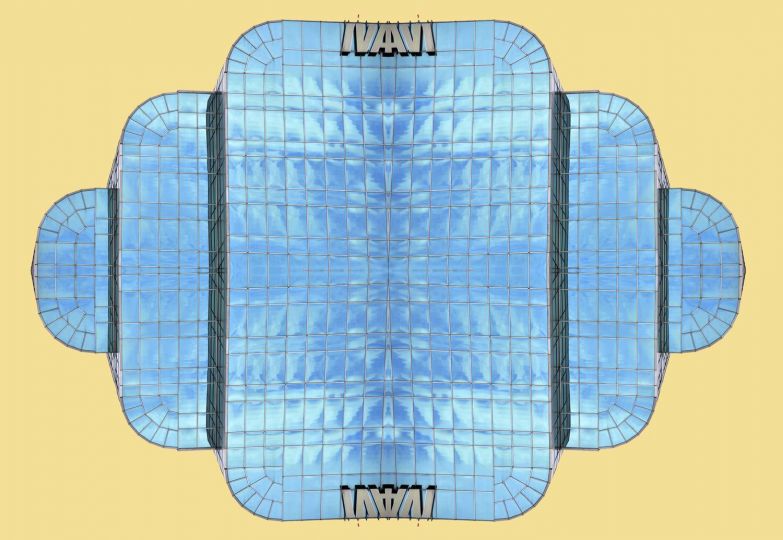Bit rot is a colloquial term used in the computerized information systems environment to indicate the gradually decaying of data stored on storage medias or software over the duration of time. In this case, the concept is transposed from a virtual reality, made of bit and software, to a material one, made of real people, things and places. This reality is the research subject of the BIT ROT Project. Through photographic documentation, the project follows the international movements of the e-waste, providing evidence of illegal commerce and disposal and tells the stories of those who are involved, but also underlines green and sustainable alternatives that in many countries have already been adopted.
Electrical and electronic waste (e-waste) is growing faster than any other type of waste. With an annual volume that goes between 40 and 50 million tons, according to the UNEP (United Nation Environment Program), the growing amount of e-waste could grow exponentially, as much as 500 times over the coming decade, especially in countries like India, China and some African regions where the technology industry is growing fast. It is hazardous waste, containing dozens of substances dangerous to human health and the environment; it is hard to be sustainably disposed of and it needs a costly processing technique to make it recyclable. This is the reason why about 80% of the e-waste produced in developed countries (North America and Europe on the top of the list) is not disposed of in situ, but shipped, most of the time illegally, to developing countries on cargo ships, where it is illegally disposed of. The Basel Convention, adopted on 22 March 1989 and entered into force in 5 May 1992, lays down rules to control, at an international level, transboundary movements of hazardous wastes and their disposal, including electrical and electronic waste. However, despite this useful instrument, the international regulation is not effective enough to fight the criminal organizations that gain great profit in moving the materials internationally.
Valentino Bellini
http://bitrotproject.tumblr.com
https://www.facebook.com/BitRotProject
















